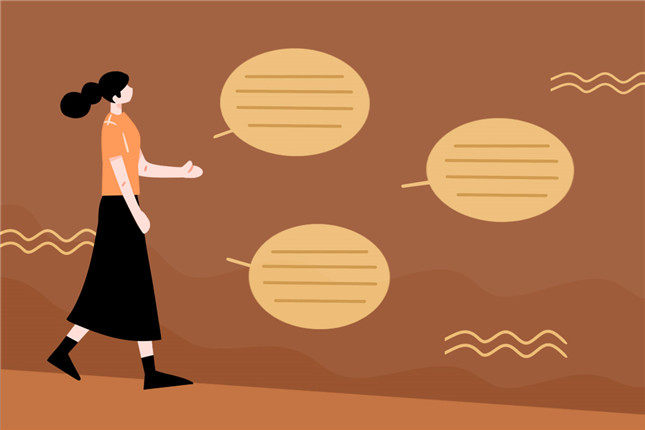alive主要用作表语,有时可用作后置定语,但不用作前置定语,可用于人或动物。如:He’s the happiest man alive.lively可引申为“强烈的;敏锐的;紧张的;鲜艳的”,可作前置定语、表语、主补、宾补。如:He makes his class lively.

1.alive是表语形容词,作“活着的”,“在世的”解,它既可以修饰人也可以修饰物。如:
They were alive and as happy as ever.他们都还活着,并且跟以前一样快活。
The doctors gave her uncle up ten years ago, but he's still alive!
十年前医生认为她叔叔已经无指望了,但他现在仍活着!
alive作定语时,应将其放在被修饰的名词后面。如:
He is the only man alive after the bombing. 他是爆炸之后唯一的幸存者。
有时alive可用用作主语的补语。如:
An enemy officer was caught alive. 一名敌人军官被活捉了。
2.lively(读作[laivli]),意为“生动的”,“活泼的”,“充满生气的”,用作表语或定语,可以用来修饰人或物。如:
These lively children keep you on your toes. 这些活蹦乱跳的孩子就够你成天忙碌了。
The sports ground is lively with all sorts of ball games.运动场上要进行各种球类比赛,呈现出一派生气勃勃的景象。

Angela在英文中为女子的名字,安吉拉。例:Angela stared pensively out of the window. 安杰拉忧...

i'm going to后面加动词原形。I am going to后面如果跟地点,可以表示“我打算去某地”。I am going to后面跟...

collection和collections的区别是collections是collection的复数形式。collection是可数名词,...

b.c.是Before Christ的缩写, 意为“主前”,即公元元年以前。或Before Common Era,缩写是BCE。b.c.意思...

excite形容词有两种形式,分别为:excited、exciting。excited 感到兴奋的,主语是人;exciting 令人兴奋的,...

that is why是原因表语从句。句子主干是That is why。That 主语,is 系动词,why在句子中的成分是表语。以从句we...

one是一个英文单词,名词,代词,限定词,形容词,数词。名词时翻译为“一;一美元纸币;(one) (印、马、美)温(人名)”。做代词时翻译为...

much后面接比较级。much是副词,是用来修饰程度的,可以说much more beautiful或者much faster,后面加比较级...

本次八省联考参与联考的省份有:广东、江苏、河北、湖南、辽宁、湖北、重庆、福建。下面来看小编整理的关于八省联考英语科目的详细内容。

i think的高级表达有:In my opinion /view。继“I think”之后,表达自己的想法的英文应该就属“In my op...

against的固定搭配有play against… 意为“与……比赛/对抗”;be against (doing)sth./sb. 反对(...

adopt的名词是adoption.adopt是及物动词,接名词或代词作宾语。作“采用,采纳,采取”解时,后面常接方法、方针、步骤、政策、意...

区别:意思不同:bring是带来的意思,take是带去的意思。两者方向相反,用带来还是带去需要要站在主语的角度去考虑。用法不同:take 简...

available for指有空做……,可供……利用,后面接名词;available to指可被……利用或得到的,后面既可接名词也可接动词。...

be attracted to指迷上了...,引申表示“引起…注意”,侧重于动作的发起方;be attracted by指被......吸引...